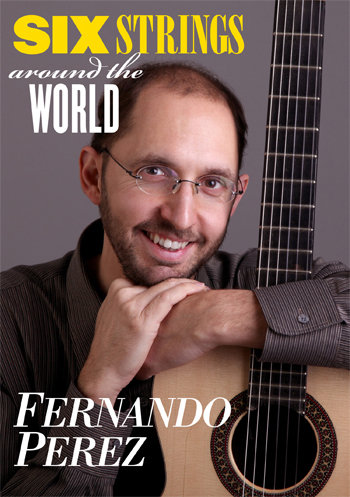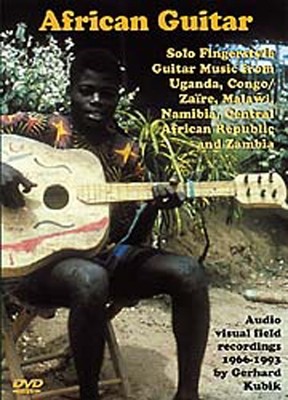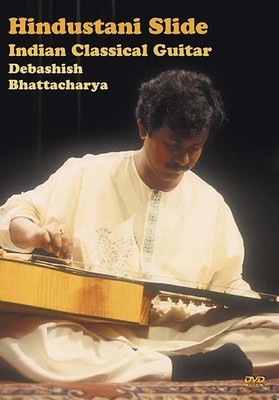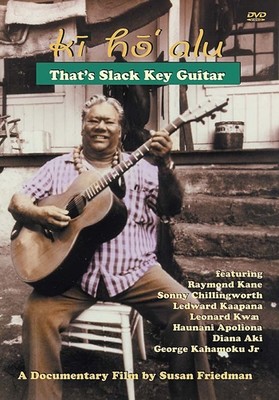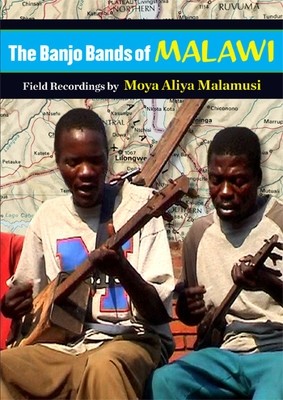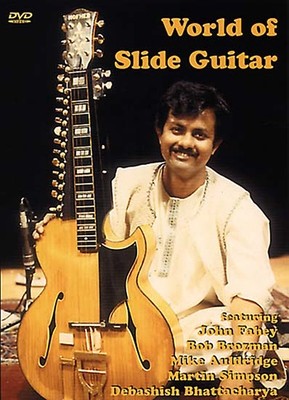
Six Strings Around The World
Fernando Perez was born in Ejea de los Caballeros, a town in the north of Spain. He has dedicated his life to explore the world's music and cultures via his guitar. His life has been an odyssey. He has lived years in different cultures, from Hawaii, Greece, Spain, China, Egypt, Sudan, Turkey, India and America.
Fernando's first contact with classical music was through the conservatory of Spain. But his interest took him to study more directly from artists and their cultures, traveling to different places to not only learn but to experience the spirit of the different musical styles. He has performed with artists from such exotic places as Hawaii, Cuba, Jamaica, West Africa, Japan, South, Central and North America, Spain, France, Ireland, India and Egypt.
The guitar has always been his passion, an instrument which he explores in its many forms: Spaniish classical guitar, acoustic, electric, Dobros or resophonic guitars as well as African, Hawaiian ki Ho'alu (Slack Key) and Kika Kila (Steel Guitar), the delta blues 'slide' style from Mississippi, Flamenco and the unique way of playing guitar in Hindustani music found in India or even the fretless Arabic guitar. He also explores new horizons reflected throughout his arrangements and compositions based on instruments of different cultures such as the Japanese Koto, Chinese Pipa, African Ngoni and the Kora. Fernando's compositions are an exciting and evocative journey around the globe.
Titles include: Alexandrian Waltz (Spain), The Mandinka Song (West Africa), R.J. Blues (USA), Son Jarocho (Mexico), Choro do Brasil (Brasil), Malena Conoce A Piazzola (Argentina), Espiritu Andino (Peru), Liliuokalani (Hawaii), Down The Creek (USA), White Snow In The Spring Sunlight (China), Khamaj Dhun (India), El Eqaa Wa El Maqamat (Egypt), Asse Kalho (Nubia-Sudan), Turkish trails (Turkey), El Ionani (Greece), Into the Balkans (Balkans), Jazz Manouche (France), Por Bulerias (Spain)
Running time 133 minutes
Review: How many guitarists can masterfully play flamenco and then bottleneck Delta blues just as convincingly? There are eclectic, versatile guitarists, and then there is Fernando Perez. Usually if someone can play bebop with a plectrum and bossa nova fingerstyle, that's considered versatile - or in Chet Atkins' case, bouncing from country music to classical technique and repertoire.
What Perez accomplishes is as though Michael Jordan "had" succeeded at baseball - and then tennis and ice hockey. To do this, he didn't just travel the world, he lived for years in Greece, Hawaii, Egypt, India, Turkey, China, Sudan, America, and his native Spain. Wherever he went, he absorbed the indigenous music and the culture behind it. This two-hour DVD includes 18 pieces for solo guitar (classical, steel-string, fretless gut-string, and a customized lap-style Hawaiian guitar, but with sympathetic strings used for Indian music), with Perez explaining their origins.
If you're not in the mood for history lessons, you can just play the songs, although you'll probably eventually want to learn more about the styles, be they familiar or foreign. – Vintage Guitar/Dan Forte
Review: Starting in Spain, then traveling on to the Americas, Hawaii, Asia, Africa, the Middle East, Greece, France, then back to his native Spain, this DVD offers Fernando Perez's perspective of guitar music worldwide. Perez brings to bear many talents in his musical passion; he's a widely skilled fingerstyle player, has an impressive historical knowledge of music and culture, and is a strong composer. He begins the program with "Alexandrian Waltz" an evocation of Spain (although written in Egypt), then continues with "The Mandinka Song" in the spirit of African kora music. Perez plays a convincing bottleneck blues dedicated to Robert Johnson before moving further south to Latin America to offer his impressions of Mexico, Brazil, Argentina, and Peru. "Liliuokalani" an Hawaiian-influenced piece, is played lap style with a slide on a modified wood-bodied guitar. He follows this by returning to the U.S. for a bluegrass piece, also played lap style. "Khamaj Dhun" is rendered in the manner of Hindustani slide. Perez's Asian and Middle Eastern influenced compositions, played on a fretless nylon string guitar, are among my favorites. He ends his journey by sampling two Western European styles, gypsy jazz and flamenco. Perez is so casual throughout this personal travelogue that it's easy to take his accomplishments for granted - but don't. Fingerstyle players will find much to broaden their horizons here, and the program seems a natural supplement to group guitar instruction. – Patrick Ragains/Minor 7th
Review: A huge side benefit of Fernando Perez's globetrotting obsession with the guitar is the ton of resulting frequent-flyer miles. Because when the soft-spoken Spaniard avows that "the guitar is a universal instrument," the truth in those words stems from firsthand apprenticeships in faraway lands like Turkey , Sudan and atmospheric Peru. The distinctively mysterious souls in their indigenous music are among the many translated into solo acoustic instrumentals here, all but one of which Perez composed himself, all of which come with a personalized story. To do so, his multilingual chops are as fluent in French gypsy, Argentinean tango, and Indian raga as in bottleneck Delta blues, lap-slid Hawaiian hulas, and finger-plucked Spanish flamenco. In the garishly violent finger rolls of Mexican 'son jarocho'; too. The ting, ting of West Africa's 21-string kora, Brazil's bassy seven-string choro guitar, the gregarious Greek bouzouki, and even flighty Andean panpipes get mimicked. But the instrument ventures farther yet, going places never traditionally explored, such as into the pipa's treble-tumbling China, or the Arab world, where, thanks to an ingenious contraption, the fingerboard goes instantly fretless, making possible the galaxy of microtones available to an Egyptian oud. On the surface, Six Strings Around the World is a one-of-a-kind performance DVD. Really, though, its 133 magical minutes offer a whirlwind tour of the incredible can-do capacity of any garden-variety guitar. Never again will you second guess the wizardrous powers of those, seemingly simple, six strings. – Dennis Rozanski/Blues Rag
